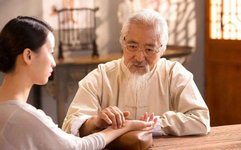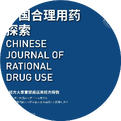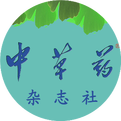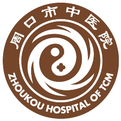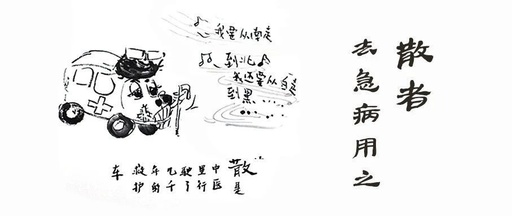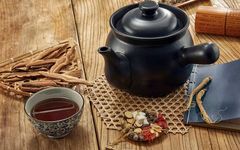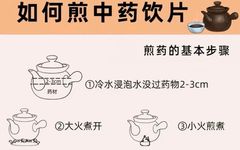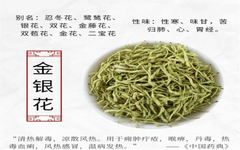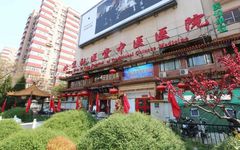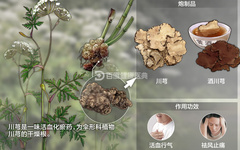Differences Between Decoctions, Syrups, and Pills in Traditional Chinese Medicine
Traditional Chinese Medicine (TCM) refers to medications used for the prevention and treatment of diseases based on TCM theories, which include various plant, animal, and mineral substances. The application of TCM requires guidance from TCM theories; otherwise, it cannot be considered “traditional Chinese medicine.” For example, Germany has many herbal medications, but their application is … Read more

